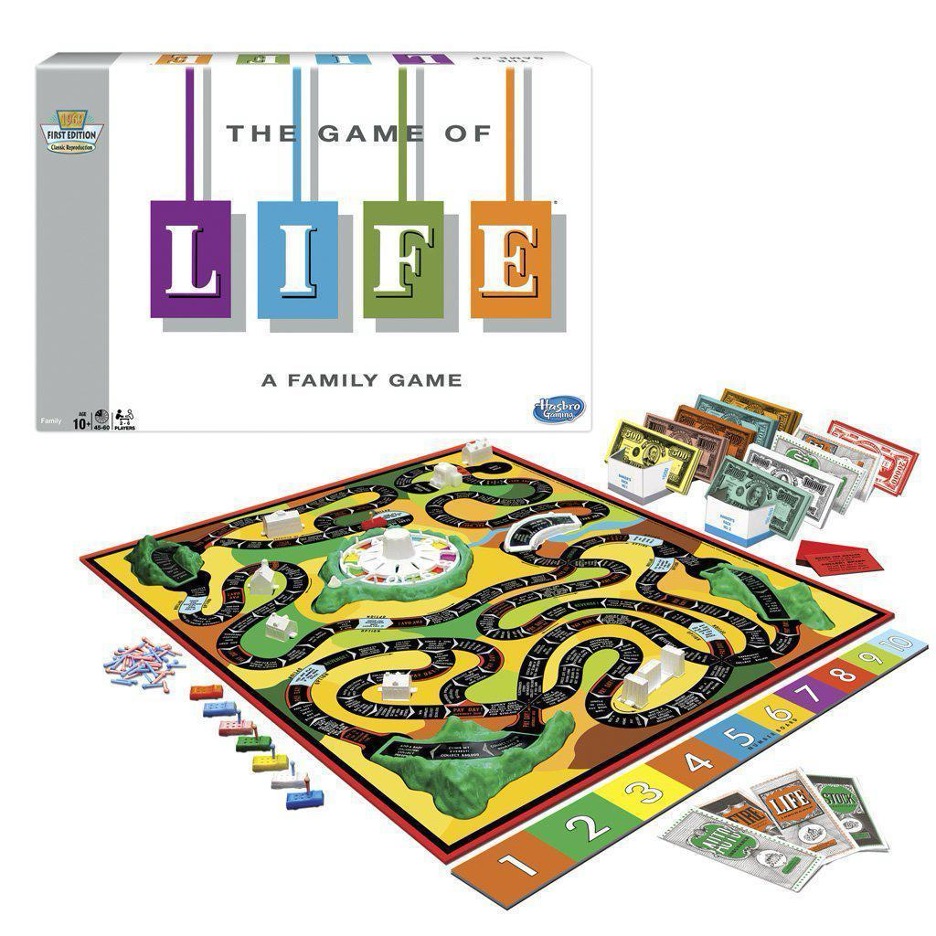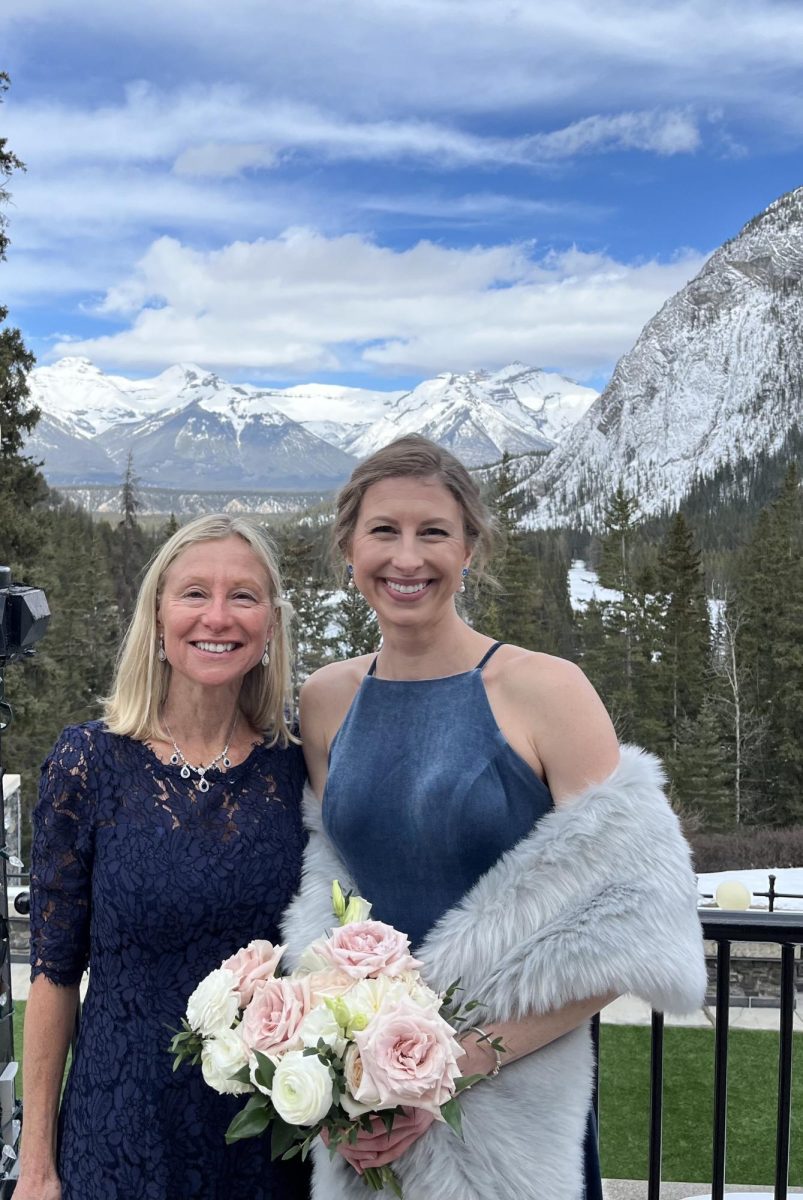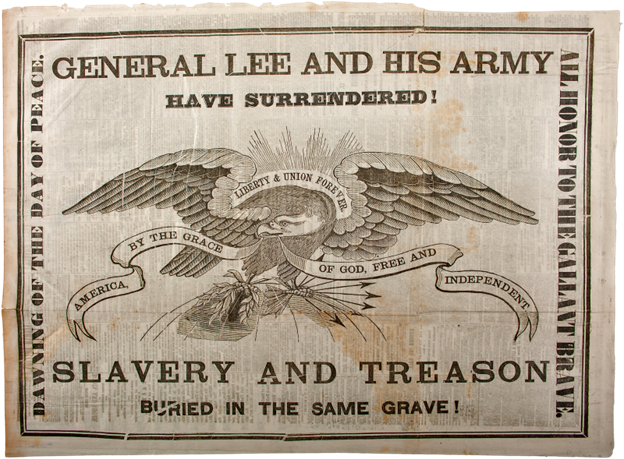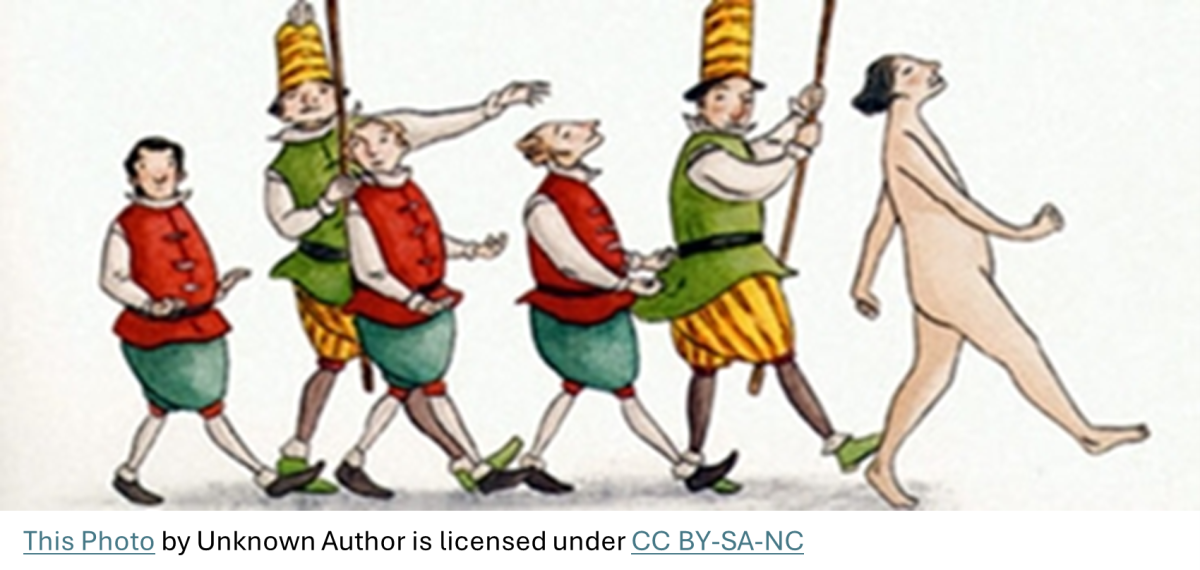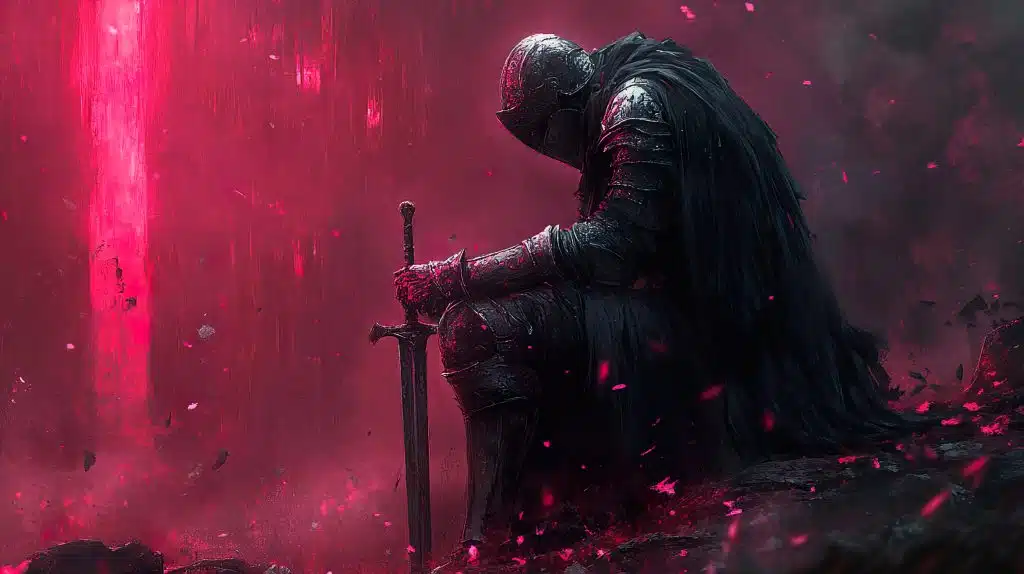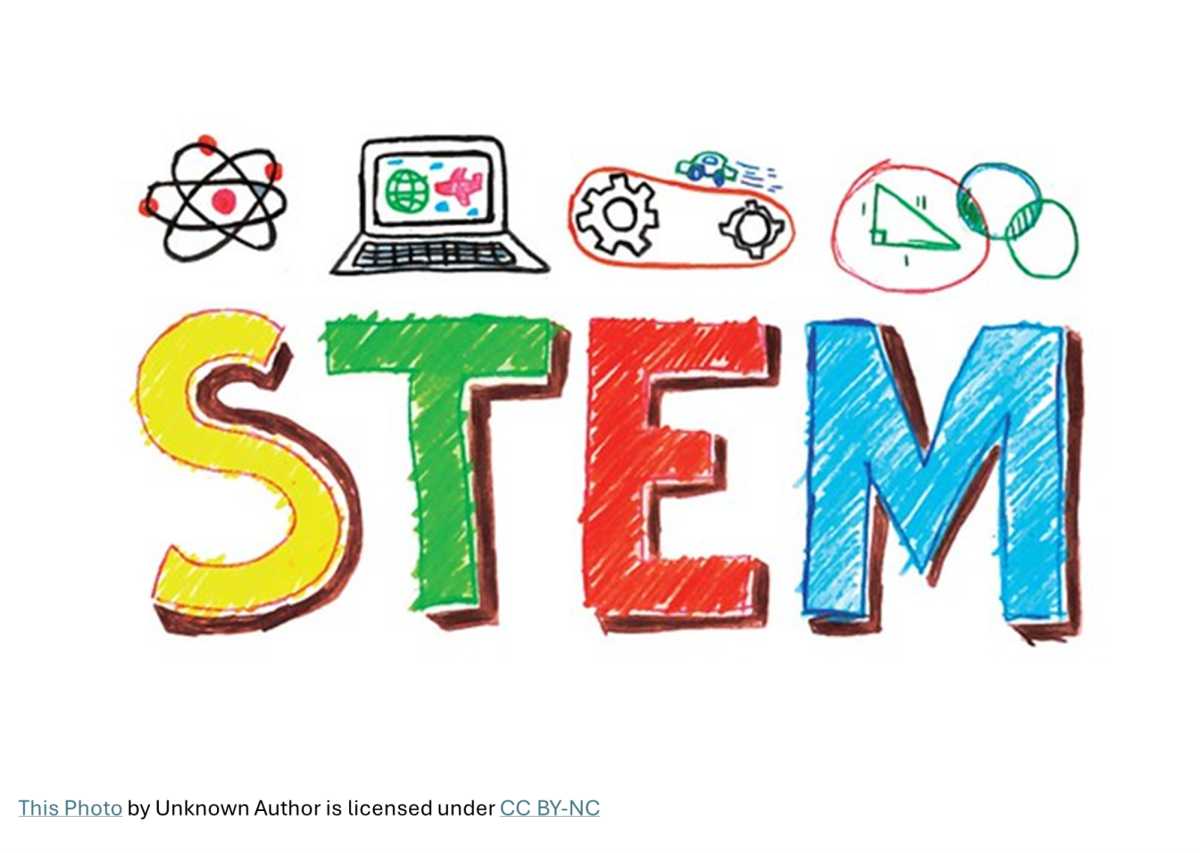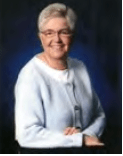During the last couple of weeks, my grandchildren, both teenagers and adults, have been in and out of my house for meals and visits. At some point the conversation always seems to become one about everyday finances. I suppose that they think that because I am old and experienced, I will have some magical advice that will help them make wise decisions about budgeting and saving as well as spending. I almost always use the opportunity to tell them about a child, whom I tutored years ago, who had more practical wisdom about money than I will ever have.
Marsha (not her real name) was labeled a slow learner. Academically she simply could not keep up with her peers, but her ability as a pre-teen to live daily life was more advanced than most of the brighter students that I worked with. Marsha was forthright in her love of money. She always asked me for gift cards for Christmas and her birthday when I offered to purchase something that she would really like to have. Her explanation was that she could decide for herself how to spend the money on the card.
Marsha had definite opinions about the amounts she wanted to spend, and how much she wanted to put away for another day. She loved Star-Bucks coffee and early on decided that she would like to work there when she became old enough. Along with a Star-Bucks gift card, she wanted a gift card for a clothing store that specialized in feminine apparel, where she favored hot-pink T-shirts and lovely hair accessories. She said that a gift card to that store meant that she could buy what she wanted and save some money for later when the weather changed.
One afternoon, I took Marsha grocery shopping to help her understand adding and subtracting money. I handed her a typed list of items that I needed with express direction to find the cheapest prices. Using a calculator, she added up the items that she found and when she totaled up everything, she asked me if I had enough cash with me to pay for the groceries. She went on to say that I should not use a credit card, since we would use up the groceries and still have to pay. I was amazed that she understood that.
She then moved on to put the items through the self-check-out and was disgusted when the total amount was more than what she had added up as we went along. She angrily claimed that the machine was trying to cheat her. When I showed her, the taxes added to the final amount, she said, “Well, I don’t like that.” I had to tell her that most of us don’t like it either.
On a Saturday, I decided to take her to Car Max where her love of automobiles might help her understand large numbers in the ten-thousands and hundred- thousands. The management gave us permission to wander around the car lot and get in any car that Marsha wanted to try out. When we came upon a beautiful little Corvette, she declared, “This is me, Ms. Nunnally. I need this car.”
A few minutes later she checked the price posted on the car window, and saw that it was $40,000. “When I work at Starbucks,” she said, “I will have to ask for extra hours, so I can save up my money for this car.” I was pleased that she wanted to save rather than buying with a credit card.
When I asked her about her plan, she explained that she knew that if she used a credit card, she would end up having to pay a whole lot more. I thought that her family had done a great job of helping her understand that important lesson in life.
I was crazy about this little girl. She had a sense of the world that was practical and sensible. She could tell me in a heart-beat if I was spending too much money on gasoline or ice-cream. And furthermore, she knew where those items could be purchased at better prices.
One of the last times that I worked with Marsha, she informed me that she needed to know how to write a check and how to open a savings account at the bank. I asked her if she had at least $100 to open an account, and she said she had been hanging on to her allowance for three years, and had over $200. I said I would take her to the bank to explore what she would need to do. “Ms. Nunnally,” she declared, “I am not talking about exploring; I want to have a bank account.”
Marsha is now a senior in high-school. She has a part-time job, and I know she is putting money into her savings account, that with permission from her father, we opened more than eight years ago. I tell my grandchildren, who are all very bright young people, that I hope they will be as wise as Marsha, and save money for big purchases as well as small ones. I tell them that in the end it will make their lives easier without the worry of credit-card debt. After all they are my precious grandchildren, and I wish for them to have the very best life possible by staying out of debt, which is the wisest thing I can share with them.


